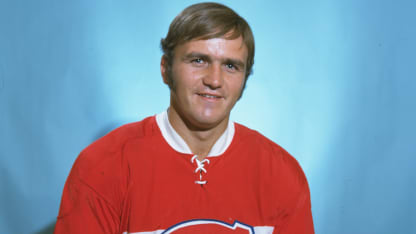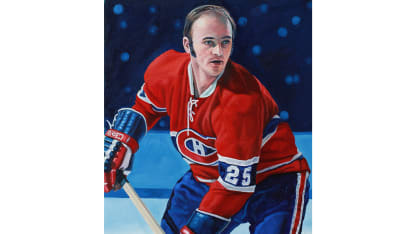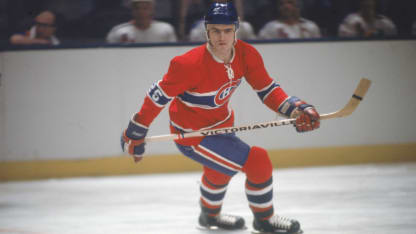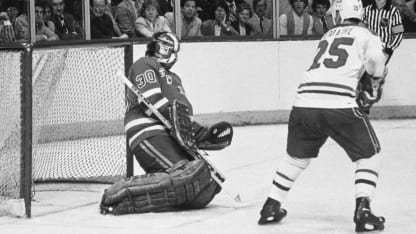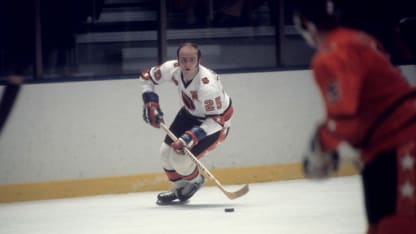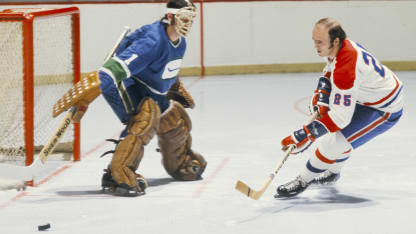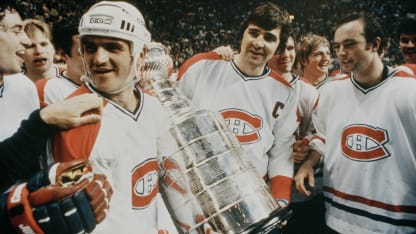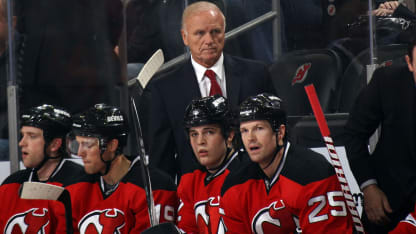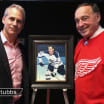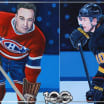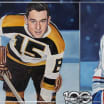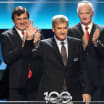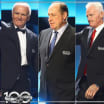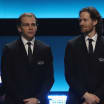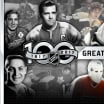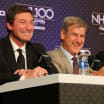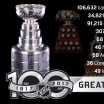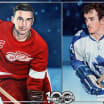"Maybe it's how you're raised," Lemaire said, addressing his feelings of forever having to prove himself. "Maybe it's how you're raised. I really don't know. I was always afraid I was going to lose my spot on the team. It wasn't until my last couple of years that I felt, 'I'm here now.' "
No matter his prodigious skill, no matter his impressive offensive talent -- he was almost a point-a-game man, scoring 835 points in 853 games -- Lemaire often conveyed a fear that he was one bad game, maybe just a few bad shifts, from the end of his days in Montreal. He was hypersensitive, reacting sometimes bitterly to criticism or slights, real or imagined. But when the industrious forward put his mind to it, which was every time he laced his skates, he was a threat to score whenever he touched the puck.
Lemaire learned responsibility from an early age, leaving school to work after his father died. The native of LaSalle, Quebec, a suburb of Montreal, could skate like the wind and was a terror around the net; as a 17-year-old wing, he had 41 goals and 63 assists in 42 games in 1962-63 for the Junior B Lachine Maroons.
The Canadiens took notice and watched him develop with their junior team. He scored 25 goals in each of the next two seasons before finishing with 41 goals and 52 assists in 48 games in 1965-66.
JACQUES LEMAIRE CAREER TOTALS | View Full Stats
Games: 853 | Goals: 366 | Assists: 469 | Points: 835
The final step of Lemaire's development came in 1966-67, when he was a bit under the radar with 19 goals and 30 assists in 69 games for the Houston Apollos of the Central Hockey League.
With the Apollos, a tremendous feeder for the Canadiens, Lemaire was joined by goalie Rogie Vachon, defensemen Serge Savard and Carol Vadnais and forwards Danny Grant, Garry Monahan and Mickey Redmond.
If the decrease in scoring gave Lemaire pause, he heeded coach Ray Kinasewich's advice to focus on his defensive game to become an excellent two-way forward.
